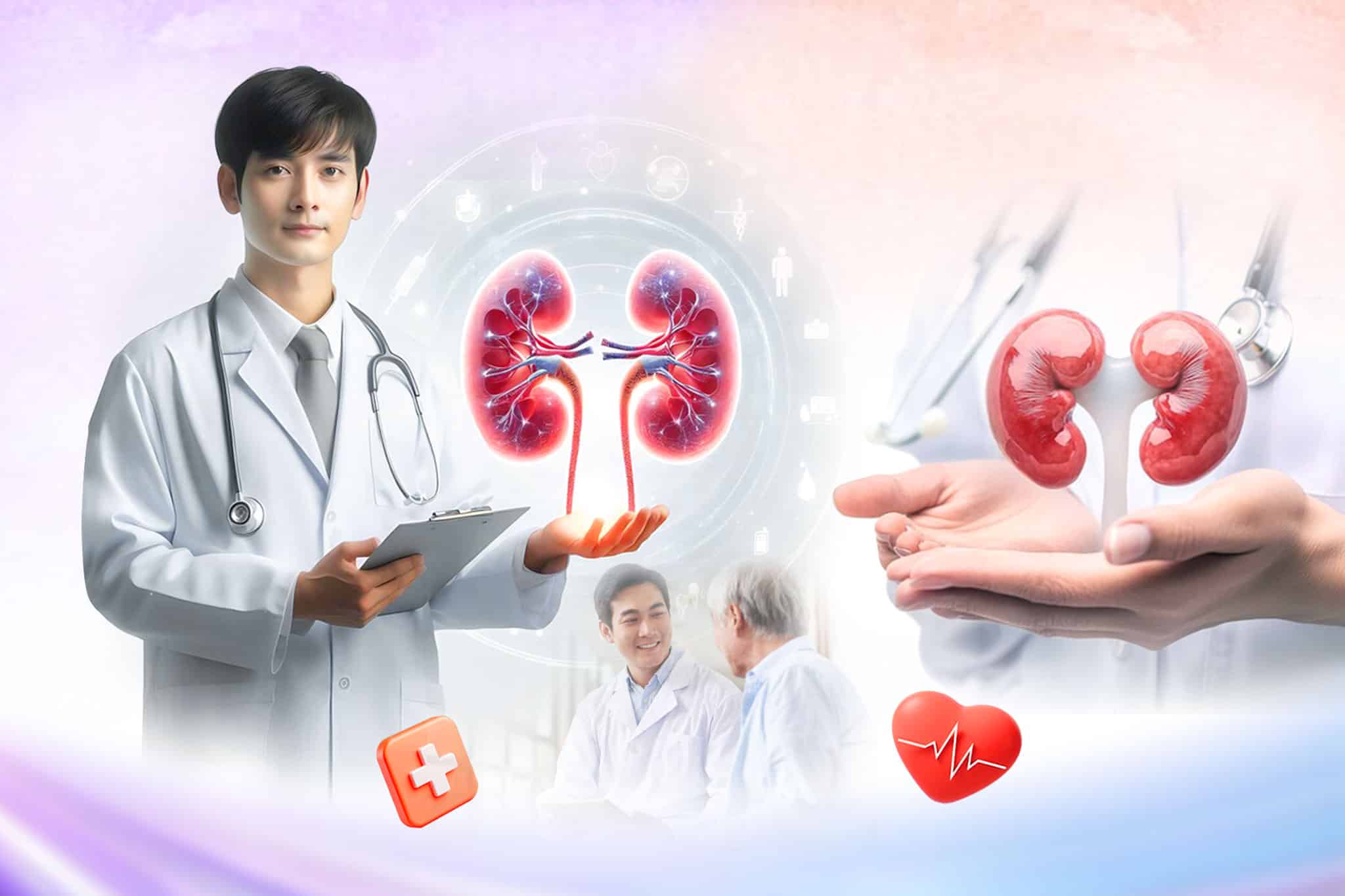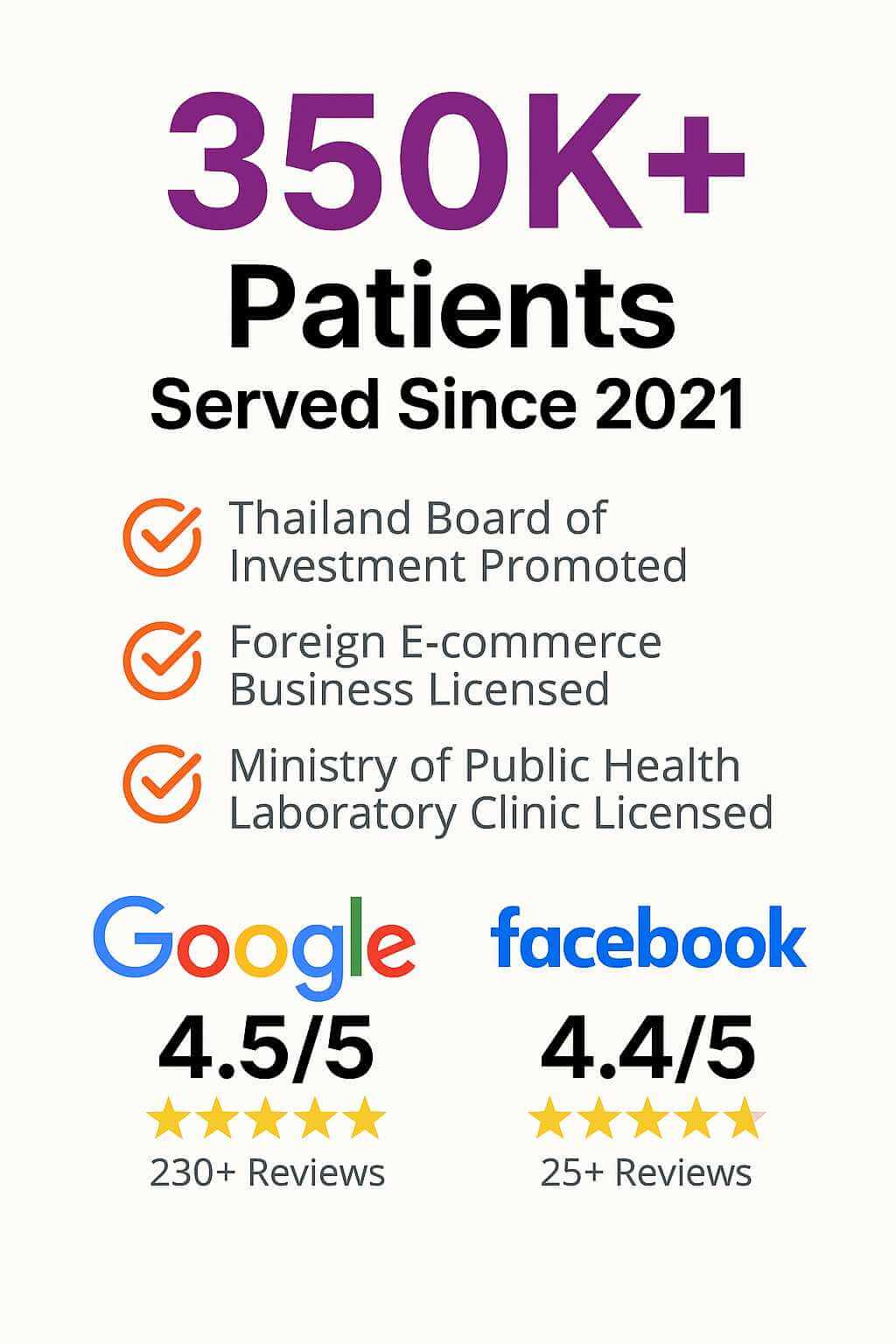
Mental health check-ups are just as important as physical ones, here is why
When we think about health check-ups, most of us picture blood tests, blood pressure readings, and physical examinations. These are important —
Experience MedEx Seamless Care Delivery — 10% OFF on Your First Appointment - Use 'TRYMEDEX' Coupon Code on Checkout


Your kidneys are unsung heroes, working tirelessly behind the scenes to keep your body functioning at its best. From filtering waste and balancing fluids to regulating blood pressure and supporting bone health, these bean-shaped organs play a vital role in your overall well-being. But like any hardworking part of your body, they need care and […]

MedEx is a one-stop destination when it comes to medical tourism and digital specialized health care services. MedEx serves as a connector between patients and trusted world-class health service providers.

Your kidneys are unsung heroes, working tirelessly behind the scenes to keep your body functioning at its best. From filtering waste and balancing fluids to regulating blood pressure and supporting bone health, these bean-shaped organs play a vital role in your overall well-being. But like any hardworking part of your body, they need care and attention to stay healthy.
Here are some practical tips and insights to help you keep your kidneys in top shape:
Drinking enough water is essential for kidney health. It helps your kidneys flush out toxins and waste products efficiently. Aim for about 6–8 glasses of water a day (2 litres or so), but adjust based on your activity level, climate, and individual needs. However, avoid overhydration, as it can strain your kidneys.
What you eat directly impacts your kidney health. Focus on:
High blood pressure is one of the leading causes of kidney damage. Monitor your blood pressure regularly and take steps to keep it within a healthy range. This includes eating a low-sodium diet, exercising regularly, managing stress, and following your doctor’s advice if you have hypertension.
Diabetes is another major risk factor for kidney disease. If you have diabetes, work closely with your healthcare provider to keep your blood sugar levels under control. Even if you don’t have diabetes, reducing sugar intake and maintaining a healthy weight can help protect your kidneys.
Physical activity isn’t just good for your heart—it’s great for your kidneys too! Regular exercise helps control blood pressure, maintain a healthy weight, and improve overall circulation, all of which support kidney health. Aim for at least 30 minutes of moderate exercise, like walking or swimming, most days of the week.
Smoking damages blood vessels, reducing blood flow to the kidneys and impairing their function. Similarly, excessive alcohol consumption can lead to high blood pressure and liver damage, both of which strain the kidneys. If you smoke, seek help to quit, and drink alcohol in moderation.
Some over-the-counter medications, such as non-steroidal anti-inflammatory (NSAIDS)/ pain-killer (e.g. drugs like ibuprofen) , can harm your kidneys if taken frequently or in high doses. Always follow the recommended dosage and consult your doctor if you need to use these medications regularly.
Kidney disease often develops silently, with no noticeable symptoms until it’s advanced. Regular check-ups, including blood and urine tests, can help detect early signs of kidney problems.
If you have risk factors like diabetes, high blood pressure, or a family history of kidney disease, annual screenings are especially important.
While kidney disease can be asymptomatic in its early stages, there are some signs to watch for, including:
If you notice any of these symptoms, don’t hesitate to consult a healthcare professional.
Remember, prevention is always better than cure. So, take a moment today to think about your kidney health and take steps to protect these incredible organs. Your body will thank you!

When we think about health check-ups, most of us picture blood tests, blood pressure readings, and physical examinations. These are important —

When your doctor orders “routine blood work,” you may later receive a sheet filled with numbers, abbreviations, and reference ranges. For many

What exams to expect at every life stage – from your 20s to your 70s and beyond At MedEx, we believe in
Find quality services, specialists, procedures and more from the comfort of your home. All you need to do is enter a keyword or phrase describing what you are looking for.
DOWNLOAD MEDEX ONE APP
MedEx decentralizes the care continuum as a one-stop care navigation concierge, transforming the care delivery model through its Pan-Asia provider aggregation platform, primary satellite clinics, telemedicine services, and at-home health care solutions.







MedEx connects you with world-class health care providers across borders, makes medical travel simple, low-cost and transparent and offers premium primary care.


© 2020-26 MedEx Ventures Co., Ltd.
